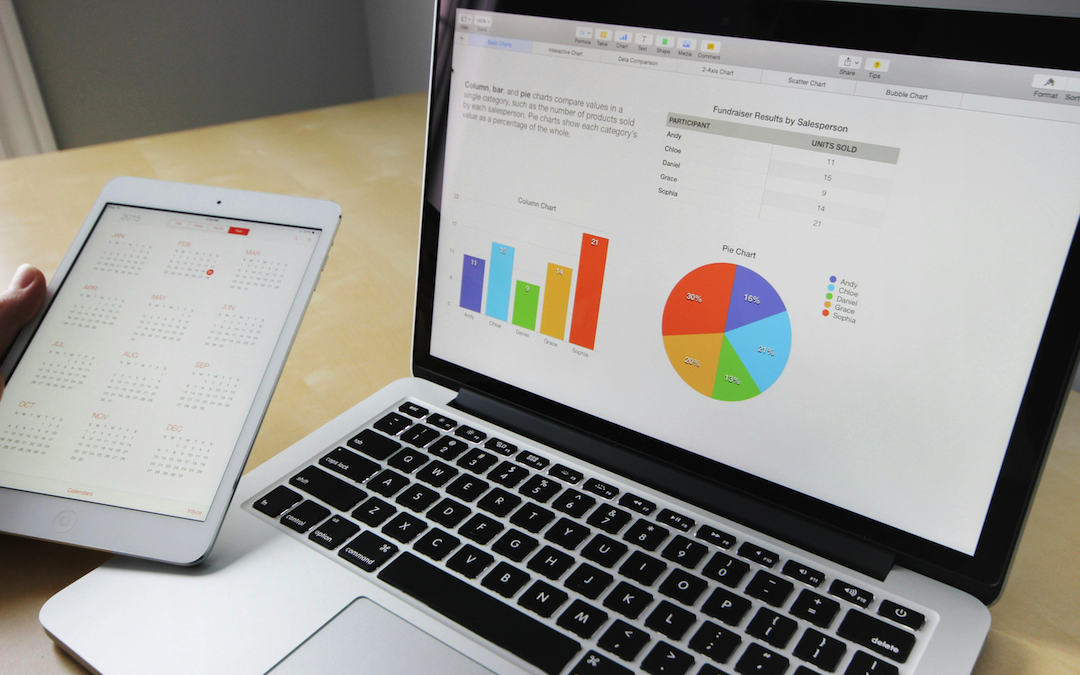
If you work within the fields of accounting, procurement, risk management, or supply chain operations, it is possible that your business uses enterprise resource planning. If it doesn’t, you should familiarize yourself with this type of software as it has become a standard within these fields.
Enterprise resource planning also includes enterprise performance management, which is a related type of software that helps businesses plan budgets and make predictions based on financial results that they receive within a given reporting period.
Let’s take a closer look at how ERP works, and how it can benefit your business.
What exactly is ERP, and how does it function?
ERP systems are systems that bring together different business processes to allow data to move between them. The way they work is by collecting shared transactional data from a variety of different sources. They are far superior to other methods of data collection because, in the process of gathering the data, ERPs eliminate duplications and bad data.
Businesses across many different types of industries use ERPs in their operations. Indeed, it is becoming a global standard.
ERP systems
The way that ERP functions is through ERP systems. ERP systems are integrated platforms that exist either on-site in a particular place, or in a cloud. This is what allows different types of business activities - from accounting to procurement to supply chains - to function effectively. What is particularly useful is that they are able to integrate all the different parts of financial systems together, from human resources to accounting.
Another beneficial aspect of ERP systems is that they are scalable. It doesn’t matter if yours is a small business or a major corporation; the core functions of ERPs are the same.
To ensure that your ERP is functioning correctly, it is advisable to test it on a regular basis to make sure there aren’t any glitches in the system. Therefore, you should look into ERP testing services. Getting a solid score on your ERP functionality will give you the confidence to know that all your systems are in order.

Breakdown of ERPs
With all this in mind, let’s take a closer look at how ERPs function. ERPs are broken down into modules. Each of these modules is known as a financial. Each financial within a given ERP serves to integrate the financial accounting, accounts payable, project management, and other financial functions within a given company’s finances together.
ERP systems and their component modules function around a defined data structure known as a schema. Each schema has a common database that holds a given company’s data in one place. The ERP acts as a vehicle of sorts that integrates all of the users, processes, and information together in a commonplace.
In addition to storing information, ERPs serve the function of ensuring that each financial function is fulfilled, costs are included, and data points that need to include entries for financial functions that take place are filled. In this way, it also acts as a check on companies and prevents the incidence of human error in financial reporting.
Compliance with regulatory authorities
One of the major advantages of using ERPs is that they receive regular updates about the standards of regulatory bodies and what businesses need to do to maintain compliance with them. So they not only make the actual operations of companies’ finance departments easier, but they ensure that companies are following the correct procedures and will stay in compliance with the law at all times.
Therefore, it is not at all surprising that government bodies themselves employ ERP software development services to produce their own financial statements. The US Securities and Exchange Commission, the European Securities and Markets Authority, and numerous other government entities from various countries are getting on board with ERPs.
For all these reasons, employing ERP software development services is critical. Working with a professional will help ensure that all your software is correct and in good working order. Then you can proceed with your business activities with confidence.
CRMs
Any business that deals with customer data needs a CRM. Another advantage of using ERPs is that they are able to effectively link to CRMs that enable companies to link financial information to customer information. This helps tremendously in ensuring that not only customers’ personal information but also their order histories and any other relevant financial information is linked to the system.
As ERPs grow in sophistication, they are increasingly using machine learning and AI to incorporate real-time data. This allows users to stay fully up-to-date on any data or regulatory changes that might affect the system.
Get your ERP in order
If you don’t yet have an ERP to help manage your finance functions, you should get one right away. As mentioned above, businesses of all types and sizes, and even government agencies are using ERP systems because they have become a standard in financial management. If you have an existing system and want to make sure it is functioning correctly, look into ERP testing services. You will be more confident knowing that all your systems are in good working order.
Share this post
Leave a comment
All comments are moderated. Spammy and bot submitted comments are deleted. Please submit the comments that are helpful to others, and we'll approve your comments. A comment that includes outbound link will only be approved if the content is relevant to the topic, and has some value to our readers.

Comments (0)
No comment